One of Rodney Alcala's survivors has slammed Netflix for its new movie Woman of the Hour, which centers on the serial killer's time on the Dating Game TV show.
Alcala, also known as The Dating Game Killer, won the reality TV game show as Bachelor Number One in 1978. Show contestant Cheryl Bradshaw was wooed by Alcala, and the couple's prize was a date for the two. However, Bradshaw refused to meet up with him after he made her feel uncomfortable.
Unbeknownst to the public and show producers, Alcala was in the middle of his killing spree at the time, having reportedly already killed four women. Alcala was sentenced to death in 1980 for five murders committed between 1977 and 1979. He also received a sentence of 25 years to life for another two murders. He died of natural causes aged 77 while on death row on July 24, 2021.
Now his murders and his time on the dating show have been turned into a Netflix movie directed by Anna Kendrick, who also stars as Bradshaw. However, Morgan Rowan, who was attacked by the serial killer and convicted sex offender when she was a teenager, has criticized the streaming giant, accusing it of revising history.
Newsweek emailed Netflix and a spokesperson for Kendrick for comment on Tuesday.
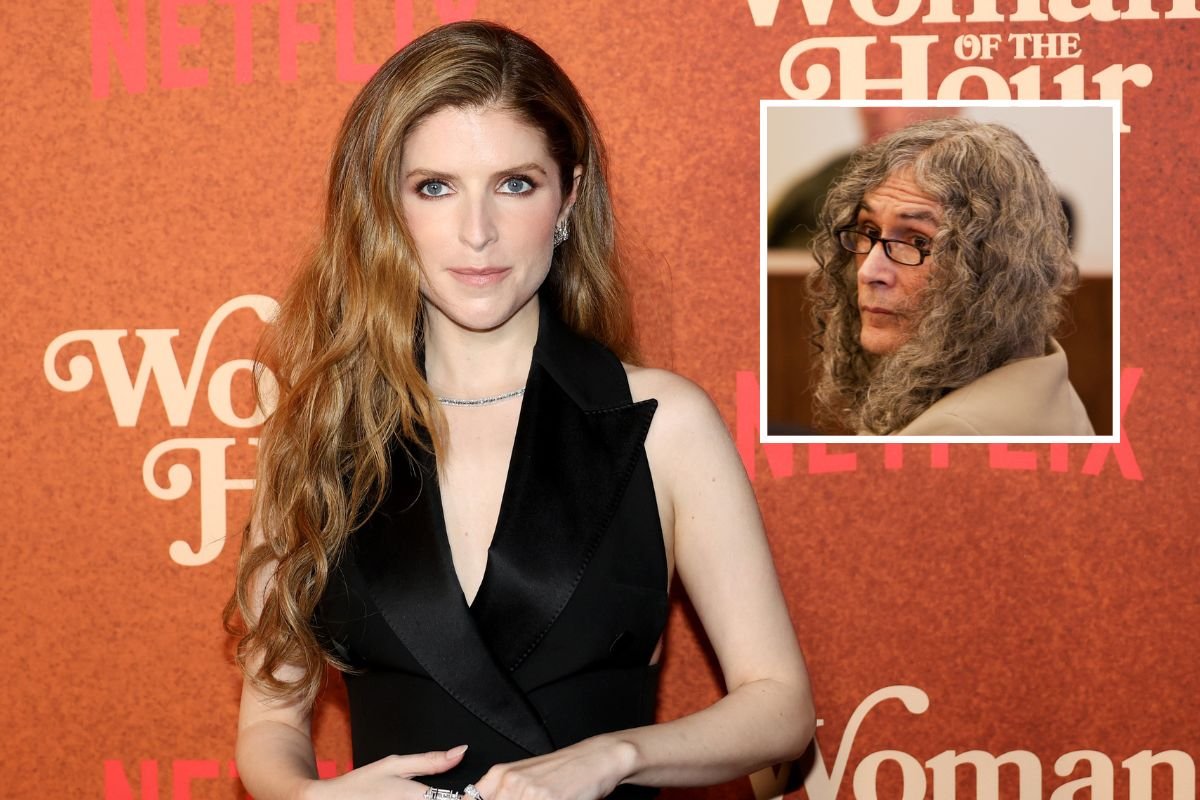
During an interview with U.K. newspaper The Sun, Rowan said the storyline of the film isn't factual. She highlighted the fact that the real-life Bradshaw refused to go on a date with Alcala, but in the Netflix film, she did. While the date in the movie wasn't the official date organized by the game show, the real-life Bradshaw never spent one-on-one time with the killer.
"They just took the basic premise that he's a murderer and went on a game show, and that's about the only thing that's fact. They made up the rest of it," Rowan said.
"[Bradshaw] met him for a few minutes backstage and then she told the producer she didn't want to go because she thought he was creepy.
"I don't like the revision of history and I don't like the fact they are giving him more fame and attention," Rowan added.
"It's difficult to see the whole thing portrayed so differently. As bad as he was, they should get the story right, because if you're changing his history, then you are changing mine too."
In press materials for the film, per the BBC, Kendrick explained why she was drawn to the project, saying: "I think the story itself is so compelling because of the idea that this dangerous and violent man went on a show like The Dating Game, where the goal is to choose a good guy, and won. It's just comically perverse."
Morgan, who is a 72-year-old mother-of-two, contacted investigators after Alcala's death, saying she was attacked by the serial killer in 1968 when she was 16.
She said that she was beaten and raped by Alcala in his apartment after he approached her at a teen nightclub on the Sunset Strip. Morgan entered his car as she believed Alcala was heading to an IHOP restaurant, not his home. Rowan was rescued by friends and acquaintances who broke into the apartment via a window before Alcala fled.
By the late 1970s, Alcala was believed to have murdered at least seven people. In 2010, a California jury convicted him on five counts of first-degree murder. These convictions were for the 1979 killing of 12-year-old Robin Samsoe, as well as the murders of four women: 18-year-old Jill Barcomb and 27-year-old Georgia Wixted in 1977; 31-year-old Charlotte Lamb in 1978; and 21-year-old Jill Parenteau in 1979.
In 2012, Alcala was extradited to New York after being indicted on a charge of the 1971 murder of Cornelia Crilley and the 1977 killing of Ellen Jane Hover. He pleaded guilty to both murders in December 2012, and in January 2013, a Manhattan judge sentenced Alcala to an additional 25 years to life.
In 2016, prosecutors in Wyoming charged Alcala with the murder of Christine Ruth Thornton, a 28-year-old woman who went missing in 1977. Her body was discovered in 1982 but was not identified until 2015, and it was revealed that she had been six months pregnant at the time of her disappearance.
Authorities now suspect that Alcala may have killed over 100 people, with potential victims in Los Angeles, the San Francisco Bay Area, Seattle, New Hampshire, and Arizona. In 2010, police released a series of photos taken by Alcala, many of which featured unidentified women and girls, in an attempt to connect him to additional victims. Alcala, a photographer, often used his camera as a means to lure his targets.


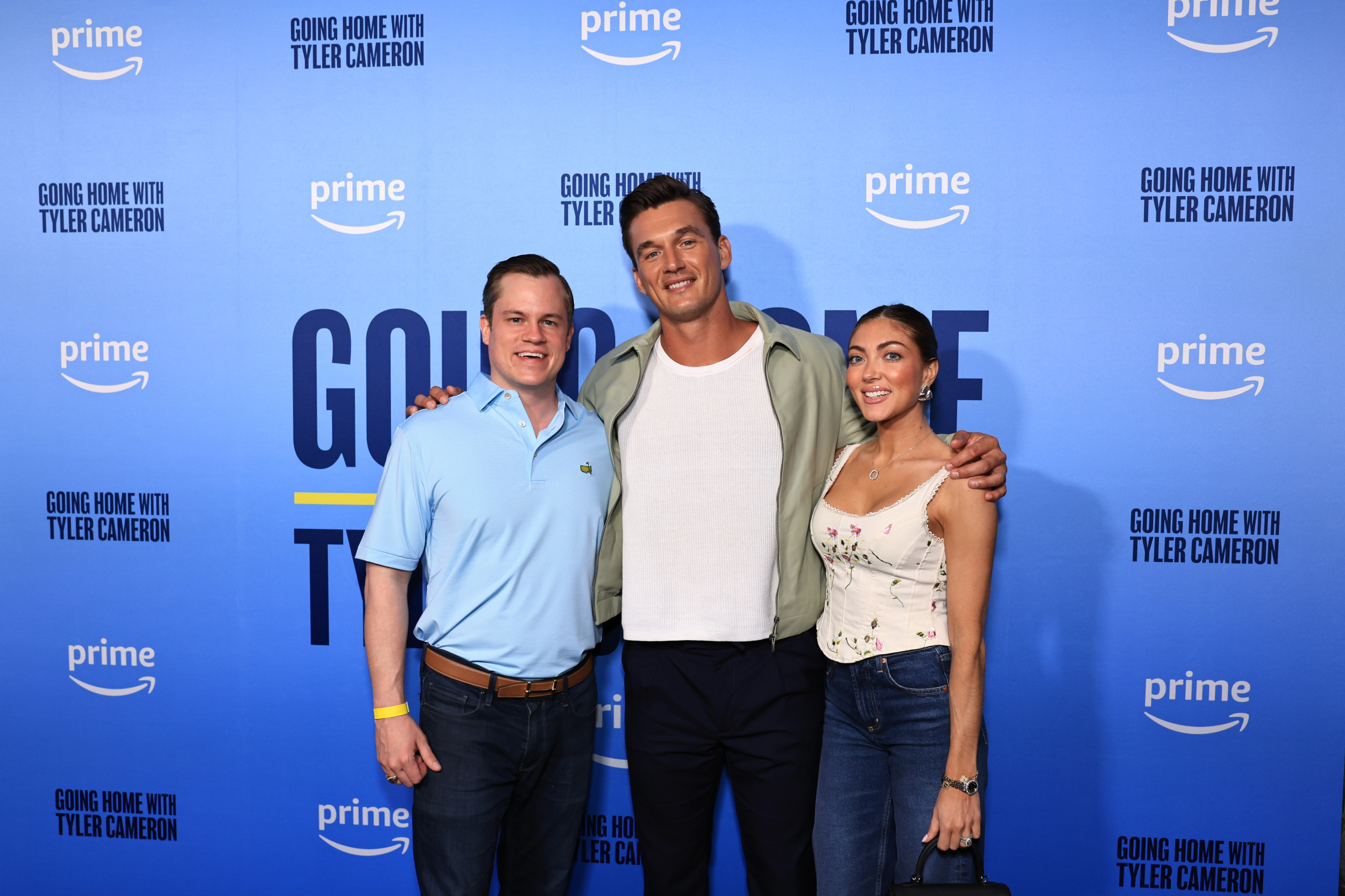
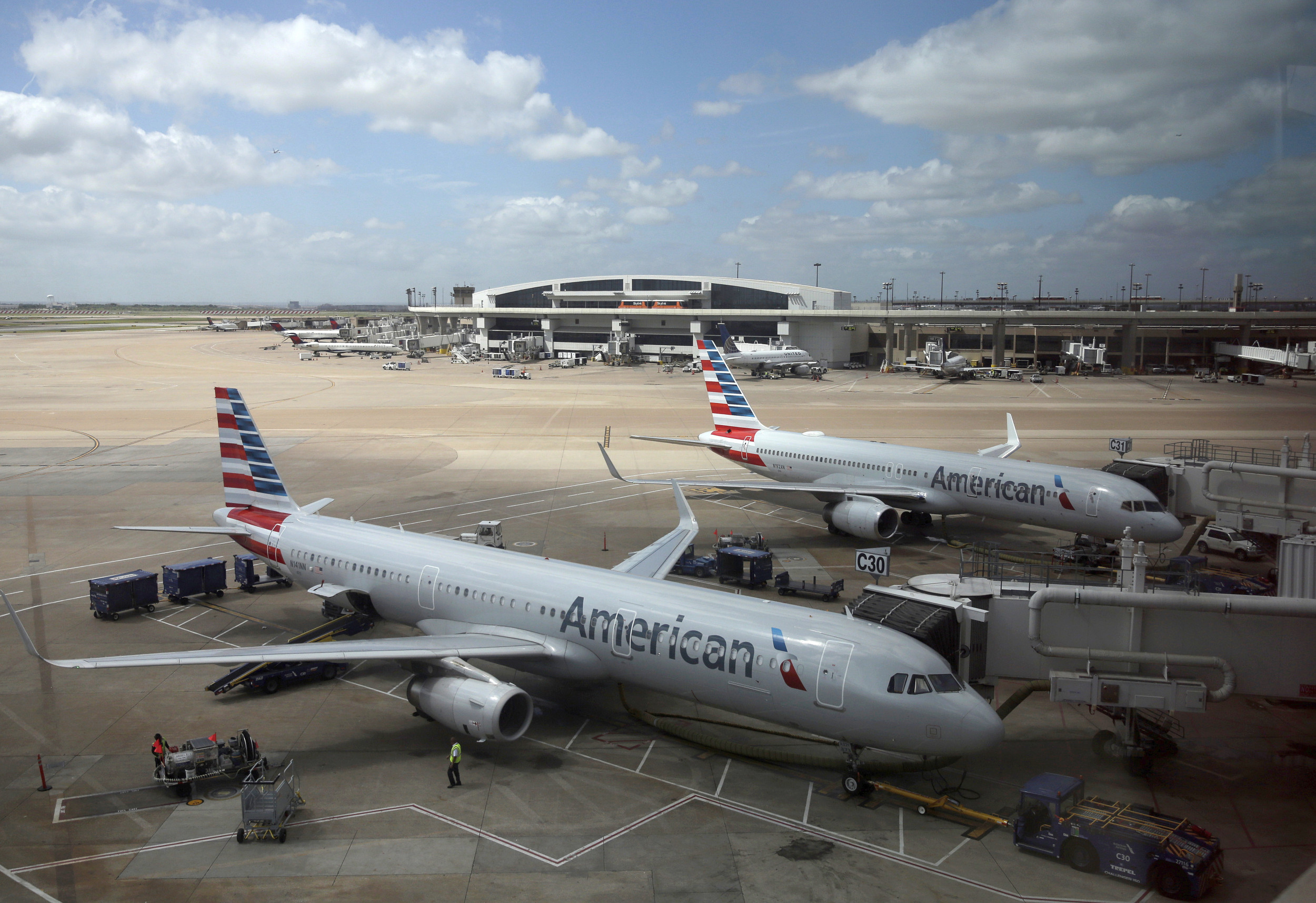



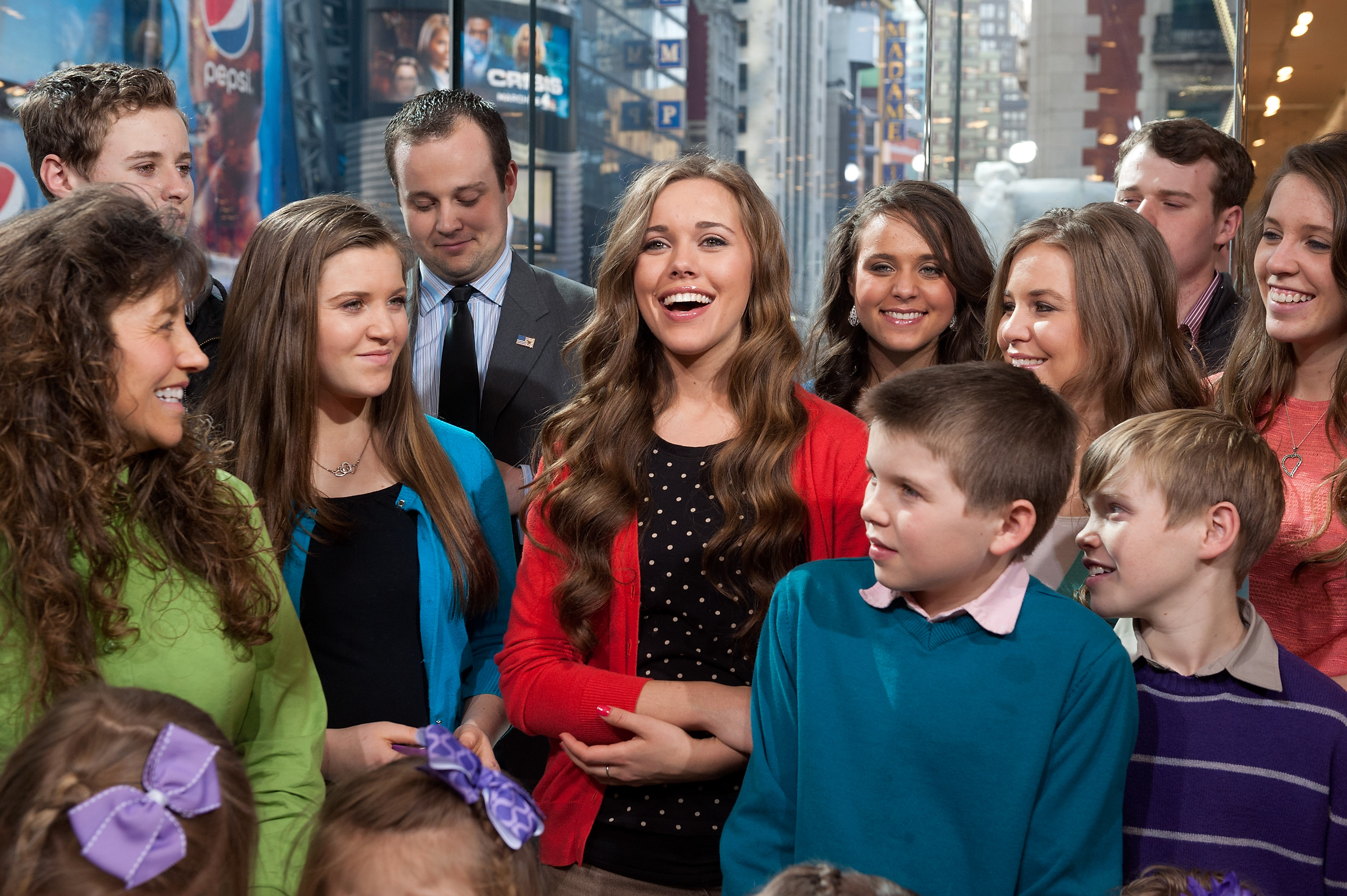

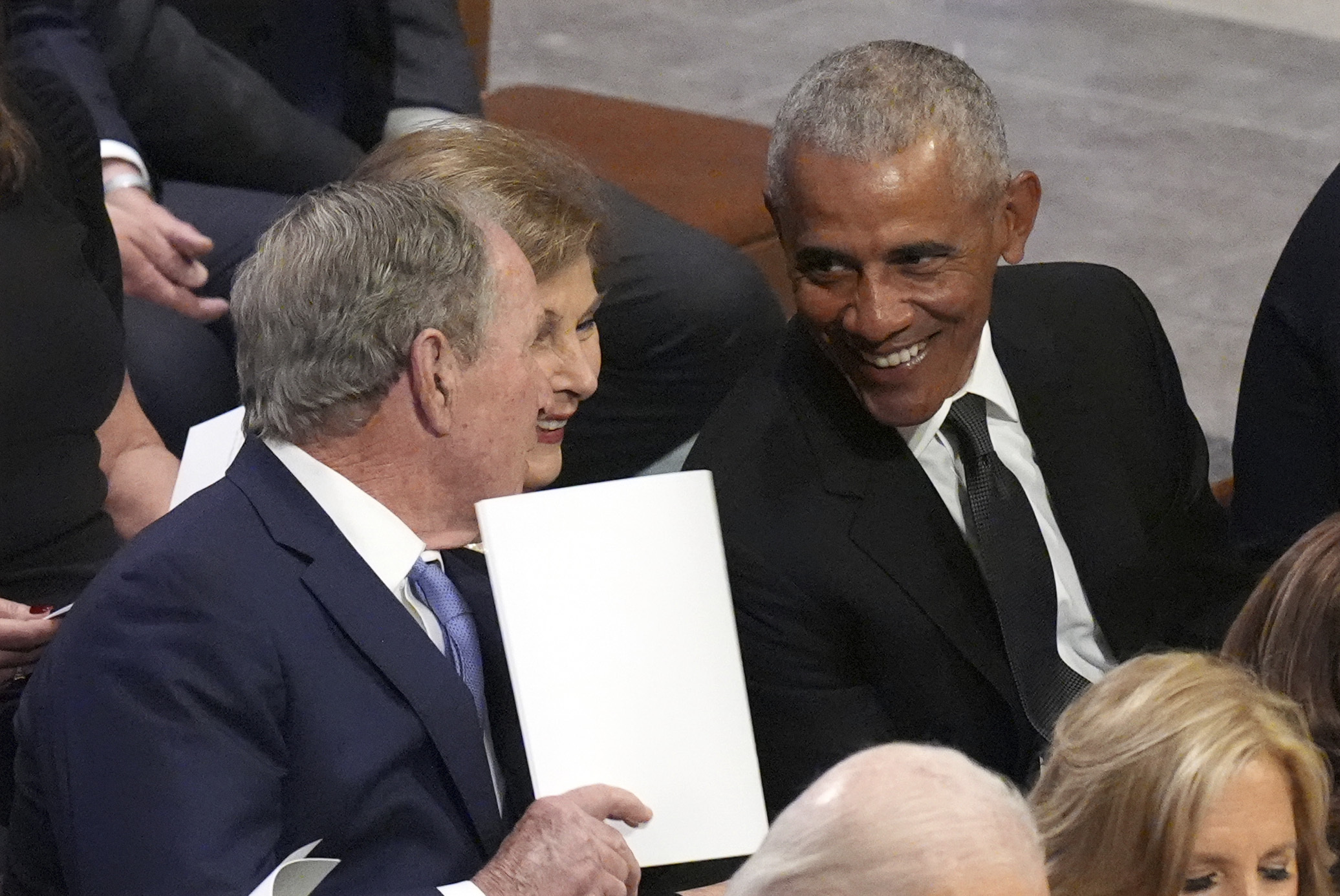
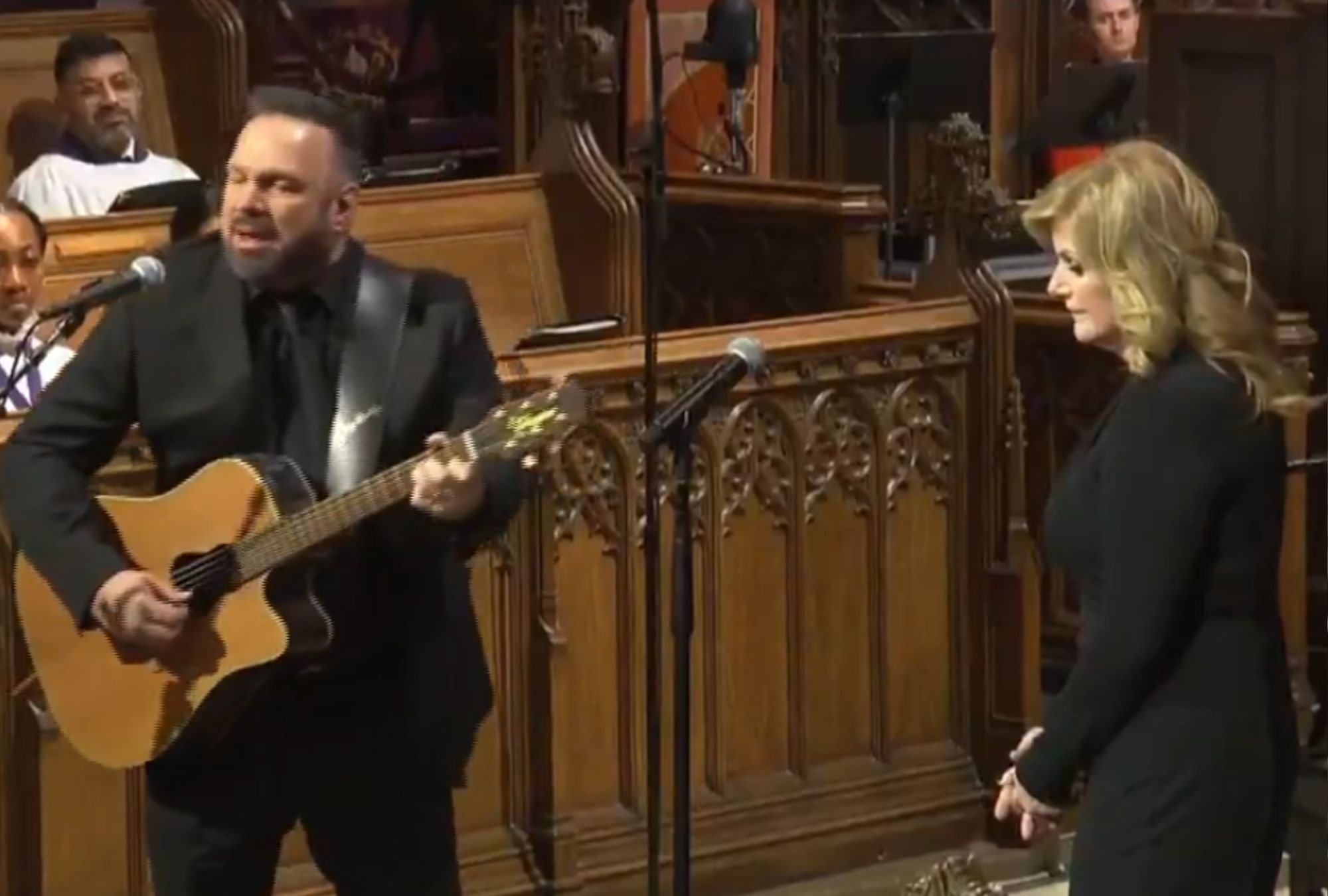









 English (US) ·
English (US) ·